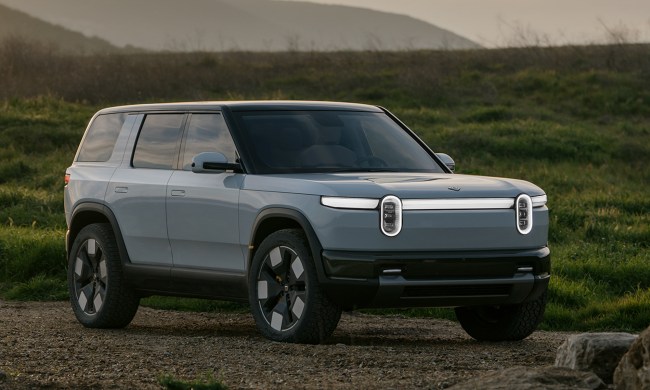
In a move that may not be so much surprising as it is straightforward, Amazon.com CEO Jeff Bezos has flat-out apologized for deleting illegally sold copies of George Orwell’s 1984 and other novels from user’s Kindles without permission. “Our “solution” to the problem was stupid, thoughtless, and painfully out of line with our principles,” Bezos wrote in a Kindle support forum posting.|”It is wholly self-inflicted, and we deserve the criticism we’ve received.”
The books in question included copies of George Orwell’s Animal Farm and 1984—along with works by other authors including Ayn Rand and J.K. Rowling—that were not authorized by the copyright holders and were being sold for just $1. Once Amazon discovered the works were being sold illegally, it was able to remove the titles from customers’ Kindle readers via the device’s WhisperNet wireless service, which automatically syncs with a customer’s Bookshelf of purchased titles. When Amazon removed the titles from customers’ Bookshelves, they vanished from the Kindle at the next synchronization. Customers received refunds for the removed purchases.
Amazon says it will no longer delete copies of books sold to customers, even if those titles are subsequently found to have been sold illegally. However, Amazon has not detailed how it plans to avoid selling illegally distributed works in the future. Although the company does moderate content offered for sale via its Kindle store, in theory the company could be held legally liable for copyright violations if it sells unauthorized copies—although in all probability Amazon would pass the buck along to the publishing companies submitting material to Amazon for sale.


